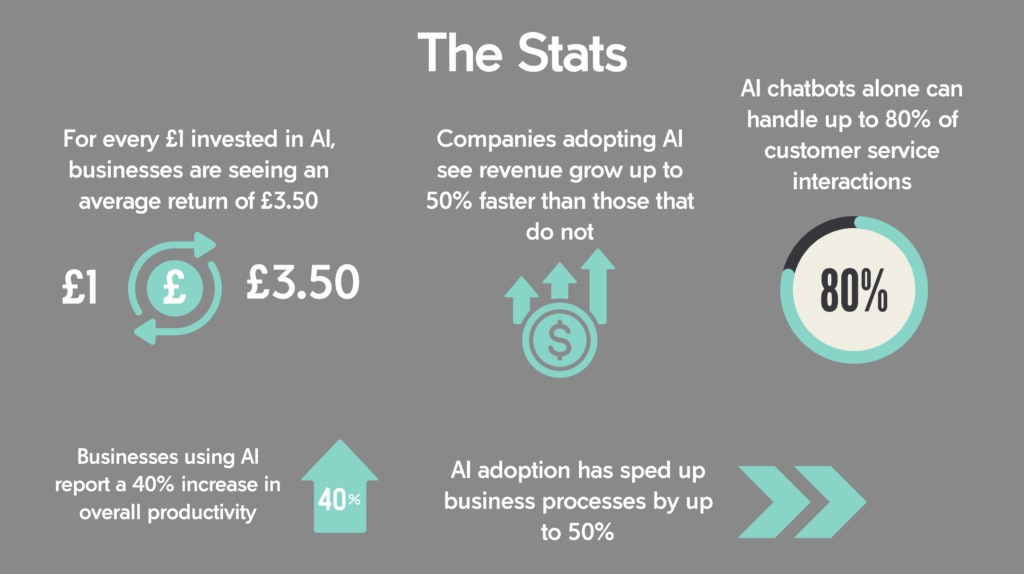Architects handle an overwhelming variety of reports – technical analyses, client presentations, progress updates, and regulatory documentation. AI for architects seamlessly reduces the time-consuming effort of tailoring these reports for different audiences.
AI has the power to simplify and accelerate this process. From extracting meaningful insights to customising content for diverse purposes, AI offers tools that allow architects to focus on designing and problem-solving instead of repetitive tasks.

The Role of AI in Modern Architecture
Artificial intelligence is already a part of many architects’ workflows. Most professionals are familiar with tools that assist with:
- Design optimisation: AI can suggest innovative solutions for space utilisation or energy efficiency.
- 3D modelling: Algorithms help generate detailed virtual environments.
- Site analysis: AI tools evaluate environmental impact or structural stability.
But the scope of AI goes far beyond design. One of its lesser-known applications lies in transforming how architects handle day-to-day operations like reporting, correspondence and project management. By adopting these tools, firms can improve efficiency and remain competitive.
Transforming Reports with AI
Extracting Key Insights
Technical reports can be incredibly dense, with hundreds of pages of data. AI tools excel at identifying and extracting the most relevant information.
- Save hours of manual effort by generating summaries of engineering or environmental reports.
- Provide concise updates for clients or stakeholders without risking critical omissions.
Example: An AI tool can scan an engineering assessment and create a one-page summary for clients while retaining essential technical details for the architect’s reference.
Customised Report Formatting
Every project requires its own presentation style. Whether preparing proposals, regulatory submissions, or marketing materials, consistency is key. AI can:
- Automatically format reports to match branding guidelines.
- Convert technical language into client-friendly terms.
- Include visuals like charts and graphs generated directly from data inputs.
Example: Transforming a geotechnical report by extracting relevant parts and integrating them into the appropriate sections of your proposal document.

Workflow Automation Beyond Reports
Simplifying Email Management
Email overload is a common complaint among architects. AI tools can help by:
- Organising emails into categories like finance, project-specific or complaint.
- Drafting replies to common queries (e.g. status updates or meeting arrangements).
- Suggesting times for meetings or follow-ups based on availability.
With these tools, architects can focus on meaningful communication instead of inbox management.
Smarter Project Management
Coordinating a project involves juggling multiple timelines, budgets and teams. AI simplifies this by providing:
- Real-time updates on progress, highlighting potential delays or budget overruns.
- Automated reminders for deadlines, meetings, or material orders.
- Insights into resource allocation to optimise efficiency.

The ROI of AI for Architectural Firms
Investing in AI tools isn’t just about convenience – it’s about improving profitability and client satisfaction. Here’s how it pays off:
- Time savings: Tasks that once took hours can be completed in minutes, allowing architects to take on more projects.
- Error reduction: Automated tools ensure calculations, formatting and reporting are consistent and accurate.
- Enhanced client relations: Faster response times and polished deliverables boost credibility.
Consider this: A medium-sized architectural firm that adopts AI could save hundreds of hours annually, freeing up time for creative tasks while maintaining high standards of quality.

Conclusion
AI is reshaping how architects work, particularly in the way reports are created, managed and shared. By automating repetitive tasks, architects can reclaim time to focus on designing and innovating. From customised reporting to improved project management, AI tools offer practical solutions to everyday challenges.
Discover how your firm can benefit from integrating AI into your processes. Visit www.fiftyminds.com to learn more and take the first step toward smarter workflows.
Book a call with us : www.fiftyminds.com/contact-2/
